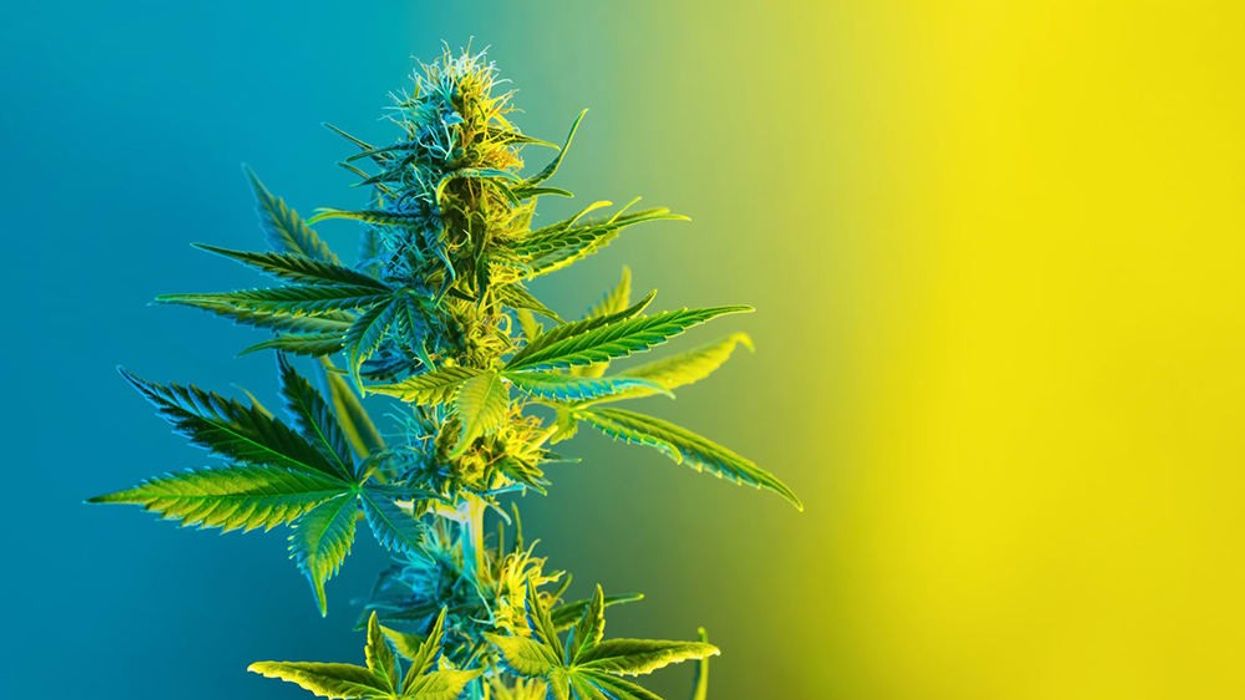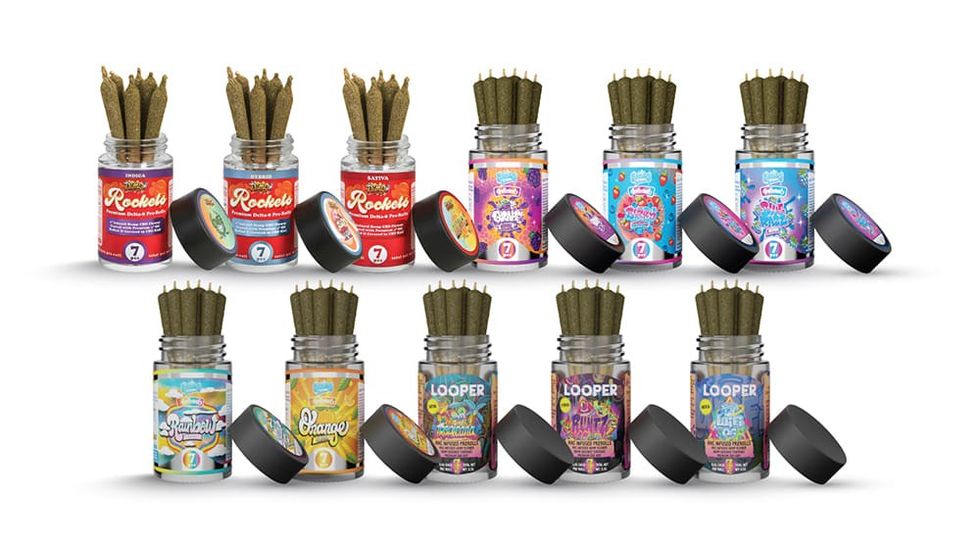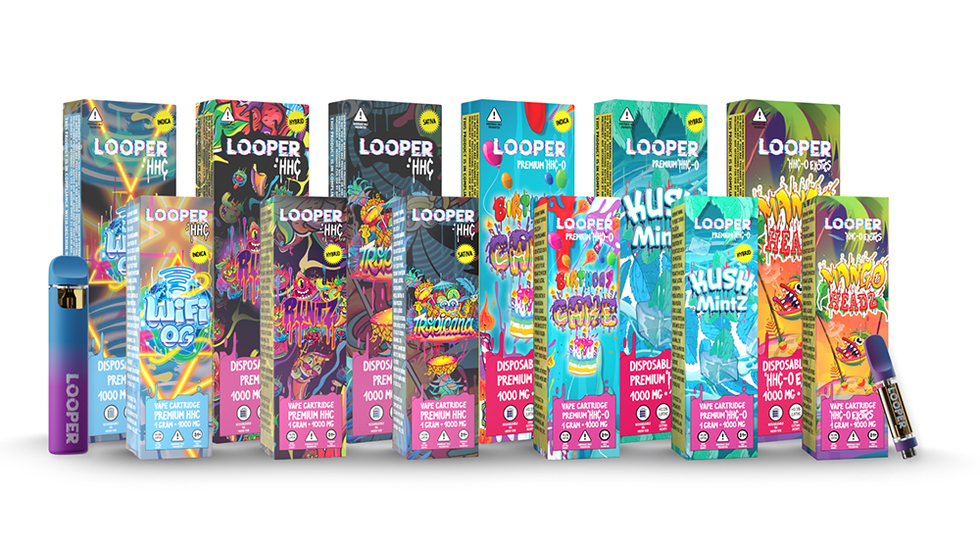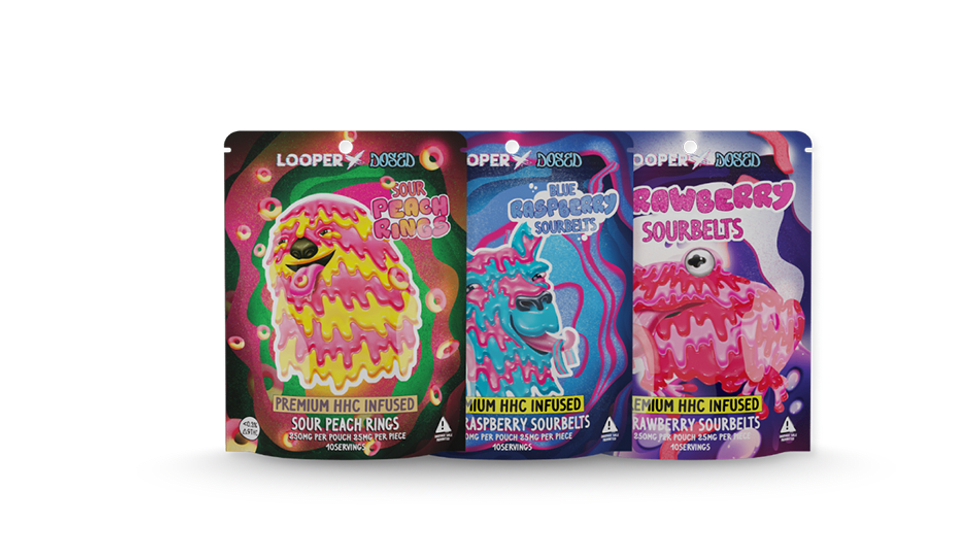On Wednesday, the Los Angeles City Council unanimously moved to restart its legal marijuana market.
When legal sales began in Los Angeles in 2018, LA was expected to establish itself as one of the largest cannabis economies. However, this did not happen as illegal sales continued to overshine the legal market and businesses were faced with large taxes.
The City Council gave initial approval for both small and large changes to expand licensing and provide assistance to those negatively affected by the nation’s war on drugs, according to NBC Los Angeles. These revisions will provide new delivery and retail licenses to social-equity applicants -- people who were arrested for offenses related to marijuana and low-income residents living in neighborhoods with high marijuana arrest rates. Through 2025, only these applicants will be eligible for new licenses.
According to the publication, other changes will allow businesses to get temporary approval on licenses once reaching certain thresholds, permit relocation while the business is being licensed, and would streamline the application process.
Mayor Eric Garcetti is expected to sign the plan if it receives final approval from the Council.
NBC Los Angeles spoke with Jerred Kiloh, head of the United States Cannabis Business Association, about the city’s focus on expansion of the cannabis industry. Kiloh said Los Angeles is on track to double the number of retail businesses, a large jump from the 187 currently operating. Kiloh believes this is a great opportunity for the city of Los Angeles to focus on expanding the legal cannabis industry.
This plan has also been criticized as some believe the legal market is flawed and could get worse.
Donnie Anderson, LA cultivator, believes the city has not gone far enough to ensure those who qualify for social-equity licenses meet the goals of the program. He said the rules are easily manipulated which will allow the system to be exploited through loopholes.
I’d like to see them start over. All they are doing is slapping a Band-Aid over something that needs surgery and stitches to fix.
Donnie Anderson
CEO of Ganja Goddess Zachary Pitts also found issues with this new plan. He said that not allowing new licenses for long-term business will hurt the market and expects legacy delivery operators to leave Los Angeles while new, inexperienced licensees will struggle with heavy taxes and compliance costs.
You are setting them up to fail. We all want licensing to happen quickly and be efficient, but this is not the way to make it work.
Zachary Pitts
Read the full story on NBC Los Angeles.







 11 Signs You've Greened Out and How to Handle It - The Bluntness
Photo by
11 Signs You've Greened Out and How to Handle It - The Bluntness
Photo by  11 Signs You've Greened Out and How to Handle It - The Bluntness
Photo by
11 Signs You've Greened Out and How to Handle It - The Bluntness
Photo by 






 Strawberry Cough Strain Review - The BluntnessTHC Farmer
Strawberry Cough Strain Review - The BluntnessTHC Farmer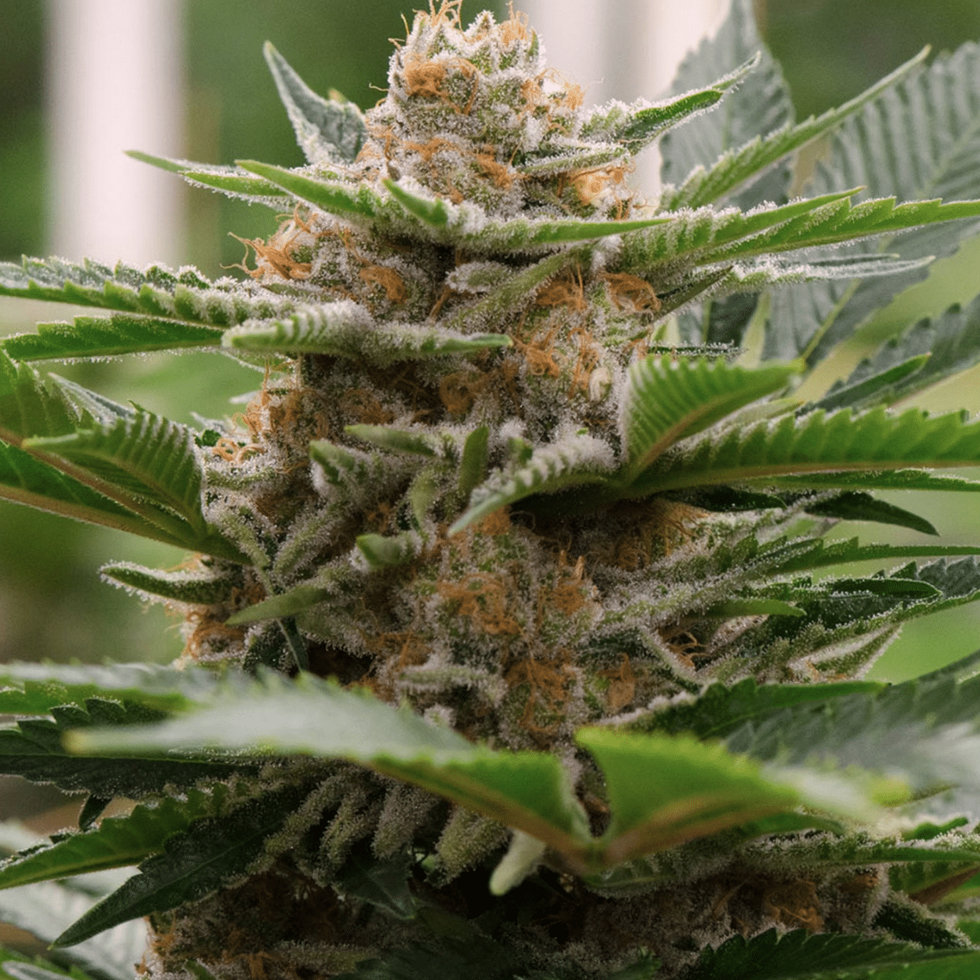 Strawberry Cough Strain - The BluntnessSeednest
Strawberry Cough Strain - The BluntnessSeednest



 Why are law enforcement officials trying to freeze out cannabis legalization? Follow the money.Image by OpenClipart-Vectors from Pixabay
Why are law enforcement officials trying to freeze out cannabis legalization? Follow the money.Image by OpenClipart-Vectors from Pixabay